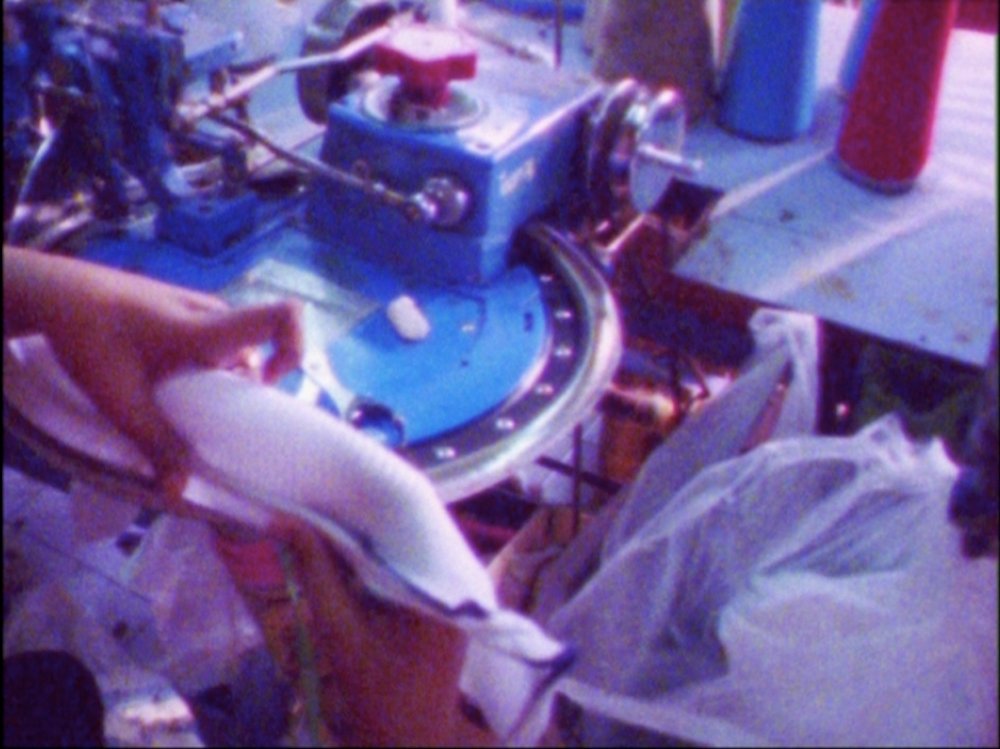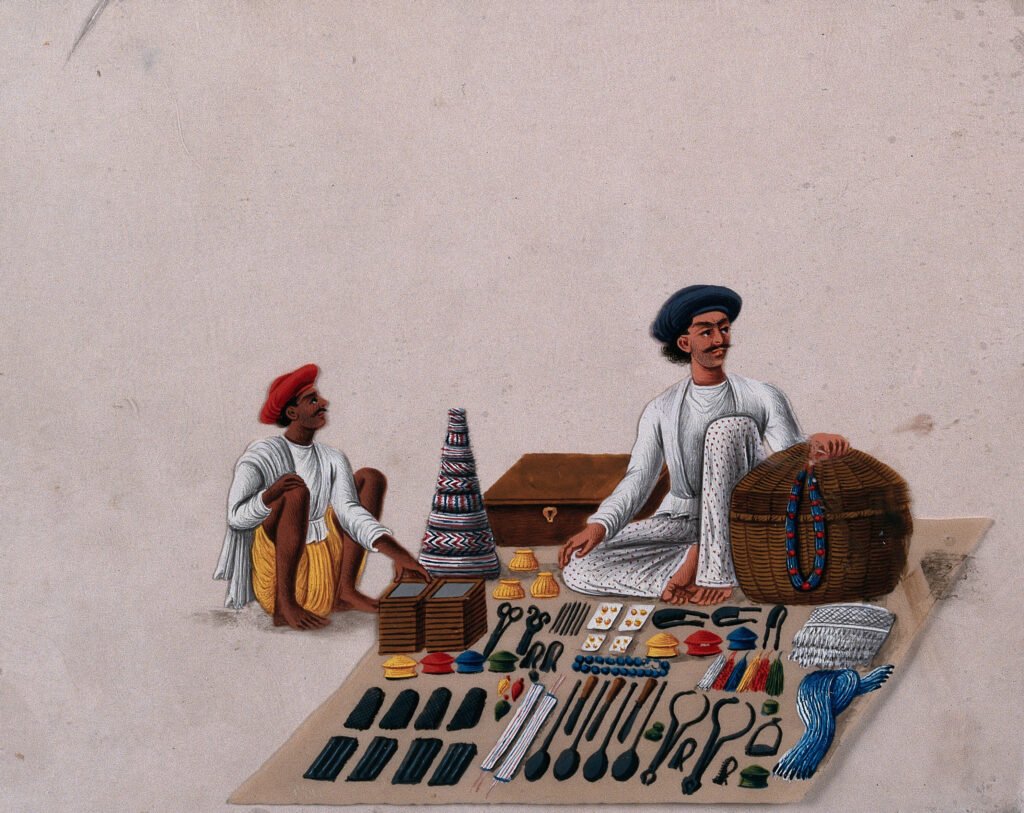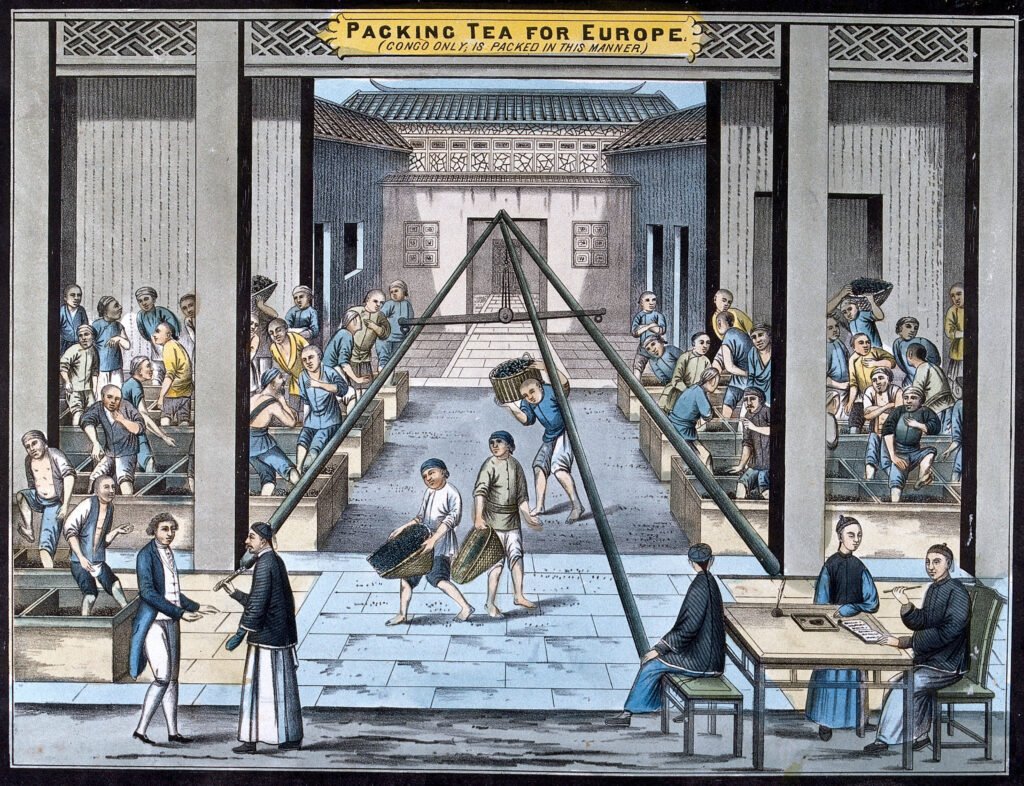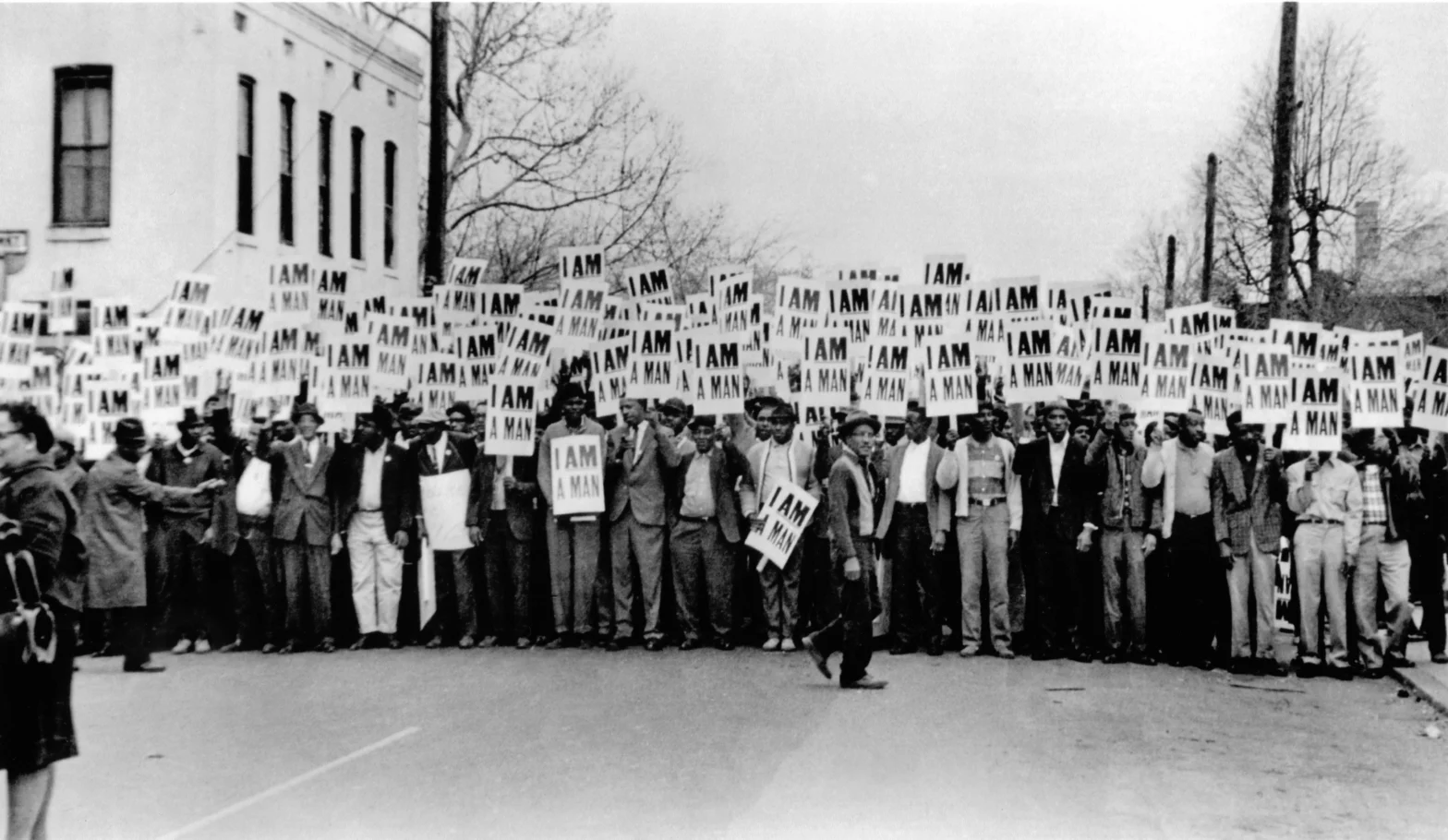Launching in September 2024, the major free exhibition, Hard Graft: Work, Health and Rights, curated by Cindy Sissokho – recently acclaimed for her work on this year’s French pavilion at the Venice Biennale – will shed light on the often overlooked and undervalued experiences of labour, by highlighting the people whose health and rights are frequently marginalised and hidden from view, the exhibition will delve into the physical work that profoundly impacts health and the body.
Featuring hundreds of historical objects alongside contemporary artworks and new commissions, Hard Graft will be organised across three thematic chapters: The Plantation, The Street, and The Home. Through this structure, the exhibition will explore how stigmatised work practices intersect with patriarchal and colonial systems, perpetuating health inequalities and shaping our cultural landscapes.

Courtesy of the artist and Laveronica Arte Contemporanea
The three thematic chapter are each a distinct environment for physical labour, often marked by precarious or unsafe conditions, where workers may have little or no access to healthcare, a stable income, or basic rights. From sex work to street vending, domestic work to prison labour, the exhibition will shed light on how unregulated and stigmatised work practices have perpetuated healthcare inequalities throughout history and continue to do so today.
The exhibition will feature more than 150 objects and artworks from countries including Brazil, Bangladesh, Trinidad, Sudan, Peru, South Africa, Indonesia, Mexico, and the USA. By exploring the interconnections of working practices across different geographies, the exhibition will also highlight the histories of resistance and collective action by workers in response to their conditions, from organised protests to spiritual and medicinal healing practices.
Visitors can expect to see works by contemporary artists such as Turner Prize-winner Lubaina Himid, Adelita Husni-Bey, Charmaine Watkiss, Vivian Caccuri, Forensic Architecture, Ibrahim El-Salahi, Shannon Alonzo, and Daniela Ortiz, alongside new commissions by Lindsey Mendick and Moi Tran.

Wellcome Collection’s holdings will include historically significant items such as Histoire générale des insectes de Surinam et de toute l’Europe (1771) by pioneering naturalist Maria Sibylla Merian, whose research was deeply influenced by enslaved women on a sugar plantation in Suriname. Additionally, Street Life in London (1877) by John Thomson and Adolphe Smith, a rare collection of photographs spotlighting the precarious labour conditions of working-class Londoners, will be featured as an early example of social documentary photography.
The exhibition will begin with The Plantation, examining large expanses of land centred on exploitative agricultural work—early capitalist practices that persist today. This section will underscore the health impacts faced by plantation workers, including poor physical development, malnutrition, and disease, while emphasising the need for more equitable practices. A 19th-century lithograph will depict the power dynamics of labour on tea plantations in China, presented alongside the ongoing photographic series Dark Garden (2022-) by Md Fazla Rabbi Fatiq, documenting tea plantation work in Sylhet, Bangladesh. Charmaine Watkiss’ multimedia installation will celebrate the intergenerational traditions of herbal medicine used as acts of resistance in plantations, knowledge still preserved within the broader African diaspora. Additionally, Forensic Architecture’s film Environmental Racism in Death Alley, Louisiana (2021) will address the health issues faced by local populations living on former plantation land in the Southern United States, many of which are now occupied by heavily polluting industrial facilities.

Coloured lithograph. Courtesy of Wellcome Collection
The second section, The Street, will explore labour environments often unprotected by laws and susceptible to urban developments and gentrification. This section will focus on unregulated and hazardous jobs, including sanitation work, waste picking, and sex work. Highlights will include works by Vikram Divecha, Ernest C. Withers, and Women in Informal Employment: Globalizing and Organizing (WIEGO) in collaboration with Creatura, emphasising the hazardous conditions faced by sanitation workers exposed to pollution and toxic materials. Archives from the English Collective of Prostitutes and the SWARM Collective will depict significant moments in the fight to decriminalise and destigmatise sex work, aiming for improved safety, regulated income, and better access to healthcare. These will be displayed alongside a new commission by Lindsey Mendick, created in collaboration with members of the SWARM Collective, which will share forgotten and untold stories of sex workers in a detailed multimedia installation.
Hard Graft will conclude with The Home, interrogating the home as a workplace. Bringing together archival materials with contemporary artworks, this section will examine gendered work practices, focusing on roles society has constructed for women. It will explore unwaged, low-paid, and unrecognised labour, such as cleaning and domestic work, often carried out by migrant women under exploitative conditions. The exhibition will also spotlight collective movements that have campaigned for better working conditions and greater recognition of women’s health issues in the workplace. Highlights will include a print by Louise Bourgeois from the Femme Maison (1984) series, connecting to women’s relationships with the domestic sphere, portraying it as both an oppressive and revealing environment, and Lubaina Himid’s vibrant series Metal Handkerchief (2019), which playfully reinterprets British health and safety manuals as instructions for life. Shannon Alonzo’s sculpture Washerwoman (2018) will pay homage to the labour of her ancestors in Trinidad and the Caribbean, particularly the historically underrepresented labour-intensive work of women and its impact on the body.

The final work, and the second new commission within the exhibition, will be a multimedia installation by artist Moi Tran, created in collaboration with the UK-based organisation The Voice of Domestic Workers. The installation will demonstrate the power of collective clapping, sound, movement, and vibrations as expressions of resistance, release, and joy. It will acknowledge the labour of domestic workers, whose hands are central to their work and serve as tools of love and care that connect and heal.
The exhibition will be open to the public from 19 September 2024 to 27 April 2025. Historical works will be drawn from Wellcome Collection, the V&A, Bishopsgate Institute, and the National Archives.





















